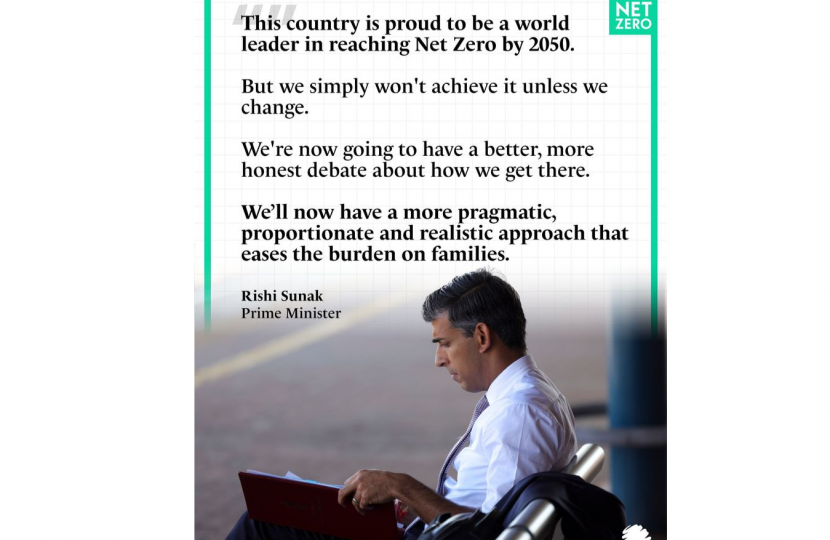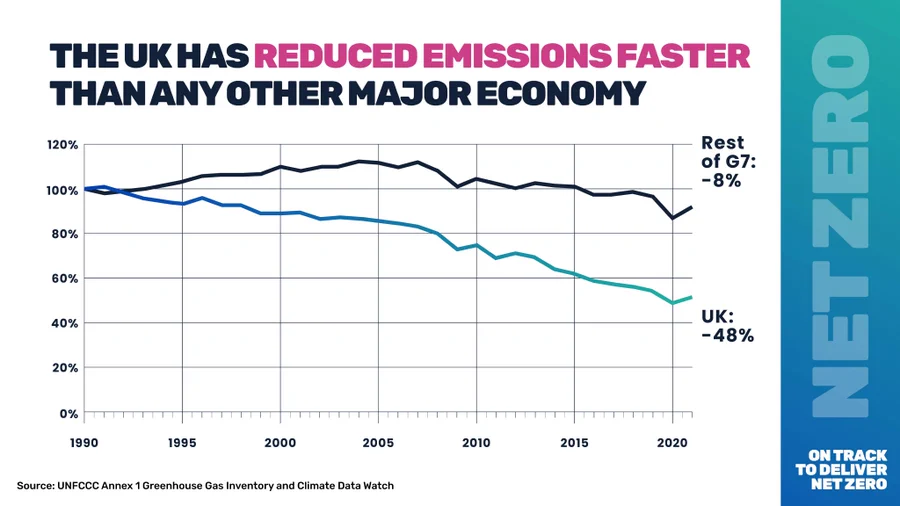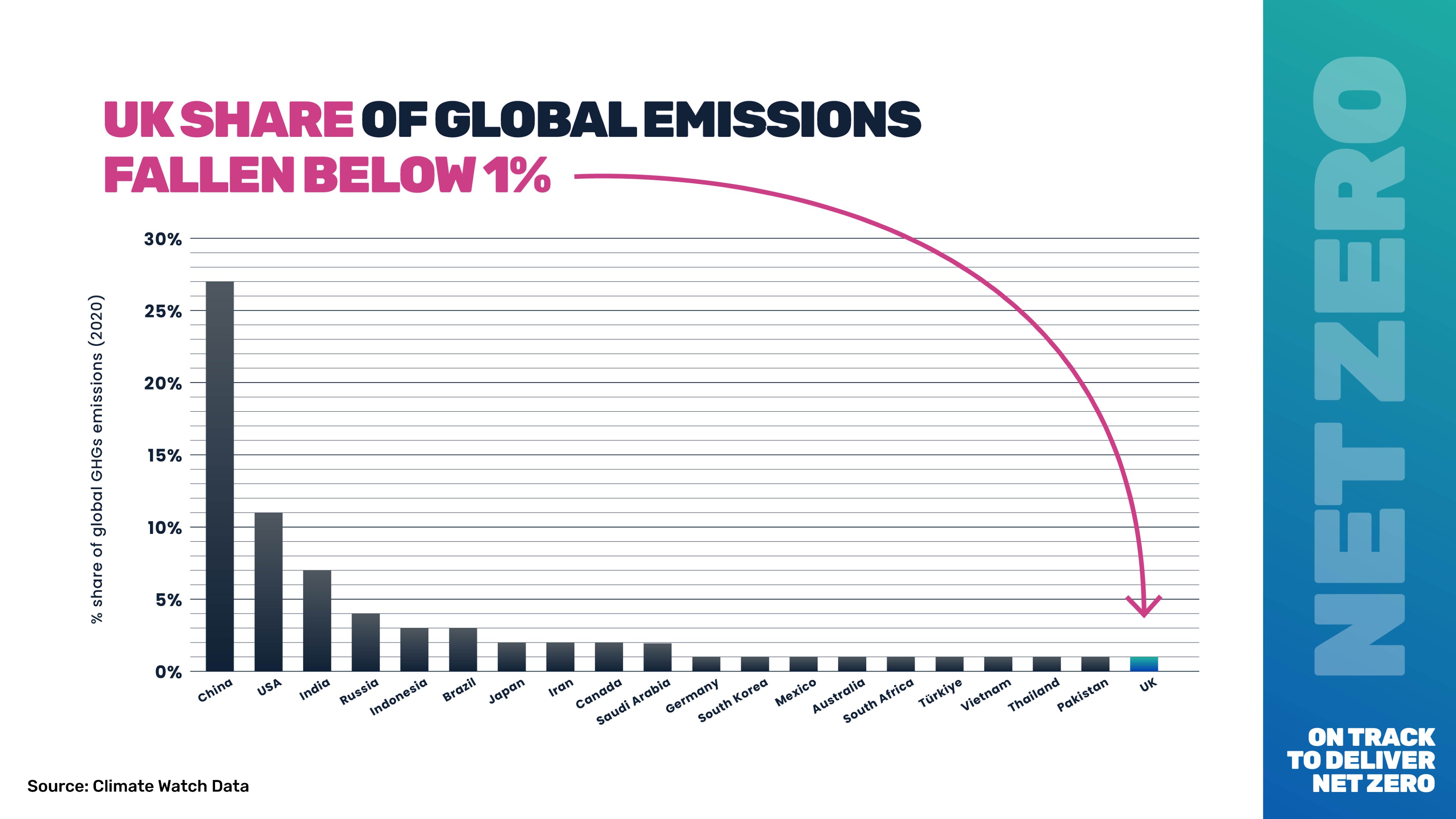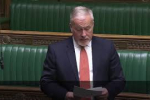
Richard has this week welcomed the Prime Minister's statement on achieving Net Zero.
Reacting to the new approach to Net Zero, Richard Fuller MP said:
Rishi is Right on Achieving Net Zero.
For too long the political discussion around “Net Zero” has been driven by emotion and goals with little space for questioning about the costs to families and the benefits of pragmatism.
Today, the Prime Minister put protecting British family budgets at the centre of his plans and at the same time was able to reiterate that the UK will meet its climate change targets embedded in law, or in international treaties.
But pragmatism, not ideology was evident in many of his announcements:
- No ban on new oil and gas in the North Sea. A ban makes negligible difference to our climate goals but would undermine our energy security.
- No new taxes on flights. Many families like the option to have their holidays in Spain, Greece or further afield. The government shouldn’t tax away their opportunity.
- Delay to the ban on petrol and diesel vehicles. As the EU has already done
- An exemption for millions of homes that would find decarbonising their home heating either impossible or exorbitantly expensive.
At Town Hall meetings across the constituency this past year, I have been calling for more pragmatism in the approach to Net Zero. Today the Prime Minister made a big step to shift the parameters of the political debate and in so doing, I believe, made it more likely that we will make progress.
The Prime Minister was clear that this more pragmatic, proportionate, and realistic approach to meeting Net Zero that eases the burdens on working people can be achieved because over the last decade we have over-delivered on our targets. The UK has the fastest reduction in emissions in the G7, down almost 50 per cent compared to 1990; technological advances which have reduced costs, such as offshore wind costs down by 70 per cent more than we projected in 2016, and higher than forecast adoption of clean technologies like electric vehicles. This can be done whilst maintaining all our international commitments and interim domestic targets – including the Paris/Glasgow promises to limit global warming to 1.5 degrees, and our 2030 NDC.
Because of the progress we have already made, the UK’s share of global emissions is now less than 1%. As we continue to cut emissions, the government also needs to make sure we do not lose the consent of the British people facing higher living costs.
We are still on track to meet Net Zero by 2050. The new approach is compatible with our obligations under the Paris Agreement to limit global warming to 1.5 degrees. The government also remains committed to our interim domestic decarbonisation targets.
Our targets are still more ambitious than other countries. Our 2030 Nationally Determined Contribution delivers 68 per cent reduction by 2030 compared to 1990 levels – more than the US at 40 per cent, Australia at 45 per cent and the EU at 55 per cent, and reduces per capita emissions to 3.8 tonnes, lower than the US, Australia, Canada and the EU. Even after these changes, the trajectory set out by the government still means front-loading effort in the 2030s – faster than straight-lining the reductions in emissions required to 2050.
Climate change cannot be tackled without protecting nature; just the loss of forests alone accounts for the equivalent of ten times the global emissions of the entire United Kingdom. In the coming weeks, the Prime Minister will set out the next stage in the government's ambitious environmental agenda ahead of COP28.
To summarise, under revised plans, the Government will:
- Move back the ban on the sale of new petrol and diesel cars by five years, so all sales of new cars from 2035 will be zero emissions. This will enable families to wait to take advantage of falling prices over the coming decade if they wish to.
- Delay the ban on installing oil and LPG boilers, and new coal heating, for off-gas-grid homes to 2035, instead of phasing them out from 2026. Many of these homes are not suitable for heat pumps, so this ensures homeowners are not having to spend around £10,000-£15,000 on upgrading their homes in just three years’ time.
- Set an exemption to the phase out of fossil fuel boilers, including gas, in 2035, so that households who will most struggle to make the switch to heat pumps or other low-carbon alternatives will not have to do so. This is expected to cover about a fifth of homes, including off-gas-grid homes – those that will need expensive retrofitting or a very large electricity connection.
- Scrap policies to force landlords to upgrade the energy efficiency of their properties, but instead continue to encourage households to do so where they can.
- Raise the Boiler Upgrade Grant by 50 per cent to £7,500 to help households who want to replace their gas boilers with a low-carbon alternative like a heat pump.
- Rule out policy ideas that would require people to share cars, eat less meat and dairy, be taxed to discourage their flying, or have seven bins to hit recycling targets – removing worrying proposals that would interfere in the way people live their lives.
The Prime Minister's full statement can be read here at: https://www.gov.uk/government/speeches/pm-speech-on-net-zero-20-september-2023



